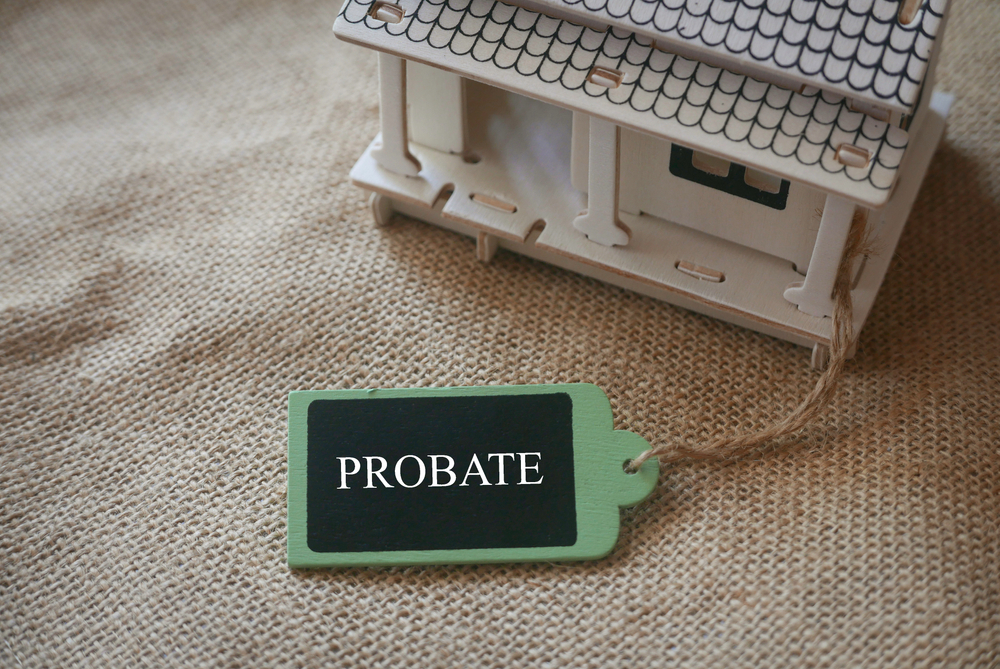
What Happens If the Terms of a Trust Are Disputed?

Losing a loved one is devastating. The situation becomes overwhelming when you discover your family member’s trust does not reflect their final wishes. You might believe someone forced them to implement terms they would never want or the trustee used assets in the trust for personal gain. Whatever the issue, you might have a right to challenge the validity and terms of a trust.
Eligibility to Dispute a Trust in Texas
You can dispute the administration or terms of a trust. However, you must be a person or entity in the trust or have a financial interest in the estate assets.
Contesting a trust requires standing. To have standing, the trust in question should give you less than you would receive if the court voided the trust. Individuals with standing in a trust contest could include beneficiaries and heirs of the trust or the successor trustee who manages the trust.
Common Grounds for Disputing a Trust
You must have grounds to challenge a trust. That means the creation or administration of the trust was carried out with unlawful or unethical actions or procedures.
Valid grounds for challenging a trust include:
Undue influence
Undue influence involves someone pressuring the trustor into creating the trust or including specific terms. For example, a relative might force the trustor to designate them as a beneficiary for financial gain.
Incompetence
The person who creates the trust must have the mental competency to know what they’re doing and understand the consequences of their actions. If the trustor has Advanced Alzheimer’s disease, dementia, or another condition impairing their mental ability, they lack the capacity to execute a valid trust.
Fraud
A third party might misrepresent specific information or forge the trustor’s signature.
Accounting discrepancies
A successor trustee might receive excessively high fees, mismanage funds, or distribute assets incorrectly. Any issues with the accounting of assets, income, or liabilities justify a trust contest.
Defective documents
The trust document might contain defects making it invalid under state law. An incorrectly executed trust agreement could result if the grantor signed the document without witnesses or the trust was made to accomplish an illegal goal.
What Happens if Challenging a Trust Is Successful?
The distribution of trust assets will depend on the provisions of other estate planning documents if you successfully invalidate the trust. However, if your loved one never created an estate plan, the trust assets will pass by intestate succession.
Intestate succession transfers a decedent’s assets to living relatives according to their place in the line of descent. Surviving spouses, children, parents, and other close relatives could receive a portion of the trust based on their relation to the decedent and whether there are other surviving family members.
How to Handle a No-Contest Clause
Some trust agreements contain a no-contest clause. However, that doesn’t mean you can’t challenge the validity of the legal document. Instead, you face specific risks if you pursue a trust contest. Depending on the language contained in the no-contest clause, you might have to forfeit your inheritance if you are a beneficiary and lose your case.
Get Legal Help When It Matters Most
Disputing a trust requires following strict laws and procedures. You should not pursue your case alone.
With over 20 years of experience, Hargrave Law, PC knows how to handle trust contests efficiently and successfully. When you hire us, we will assess the situation and advise you of the options to address the problem.
Get the legal assistance you deserve by calling us today at 817-282-0679 for a confidential consultation with a wills and trusts attorney in Bedford, TX, whether you want to contest the terms of a trust or defend yourself against a lawsuit.







